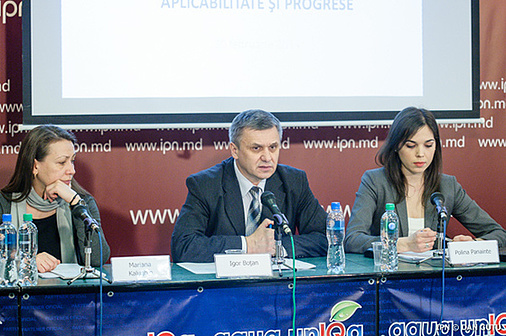One of the authors of the study Polina Panainte said that of all the requirements imposed by the legislation on decisional transparency, those concerning the publication of the internal rules for ensuring decisional transparency on websites are respected by 74% of the authorities, while those regarding the online publication of annual reports on transparency and the name and contact data of the persons responsible for decisional transparency are obeyed by 70% of the authorities.
Only 15.2% of the authorities make public the results of the public consultations, 30.4% publish the annual decision making programs and the decisions that will be subject to public consultations, while 43.5% publish the announcements concerning the initiation of the formulation of decisions.
In 2013, there was maintained the high number of projects subject to public consultations within 15 workdays and a negative dynamic of minus 12% in providing explanations as regards the necessity of adopting the decisions, stated Polina Panainte.
The greatest decisional transparency was ensured by the Ministry of the Environment, the Ministry of Justice, the Ministry of Finance and the Ministry of Culture. The Ministry of Foreign Affairs and European Integration is the least transparent, shows the report of ADEPT.




